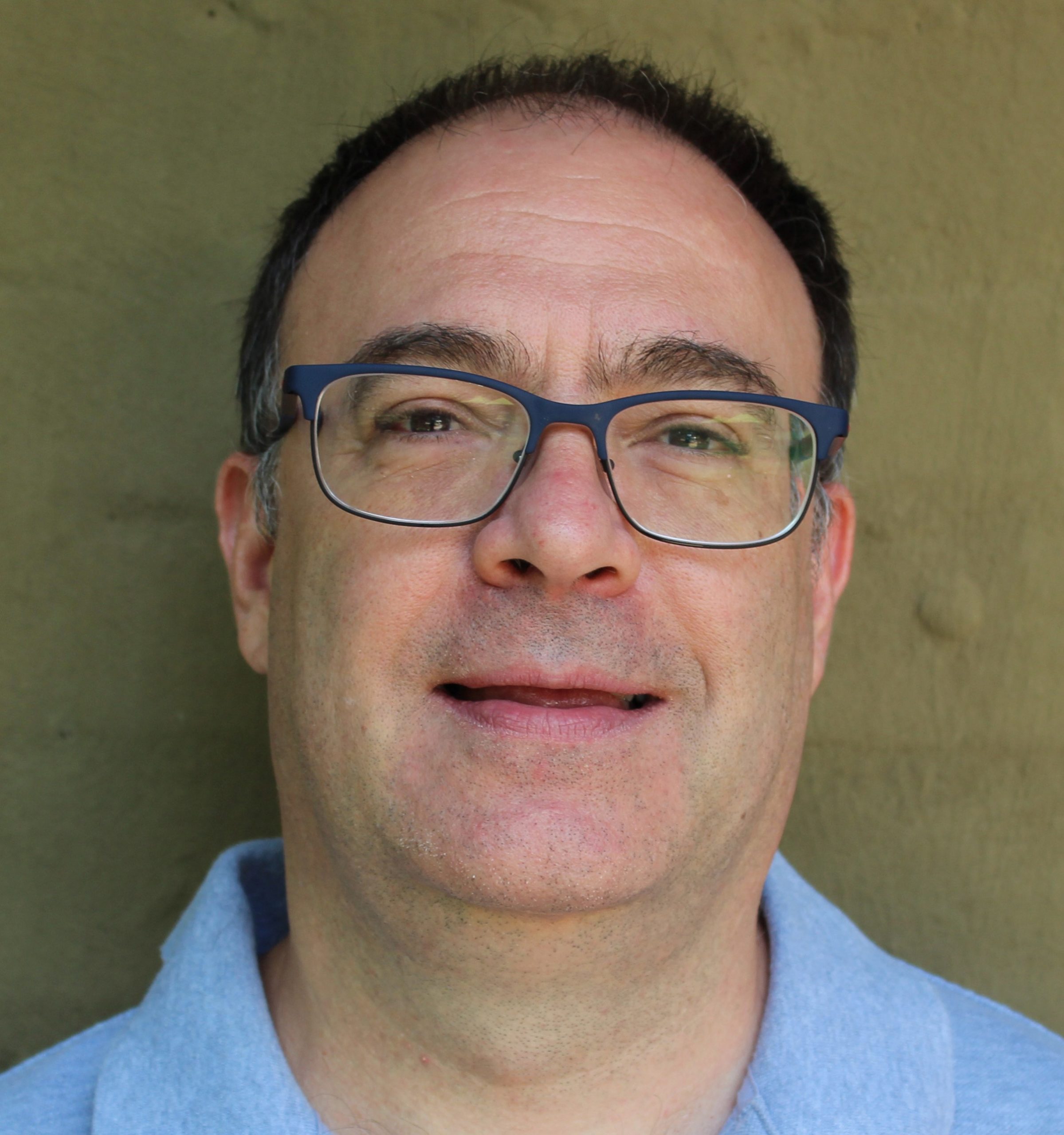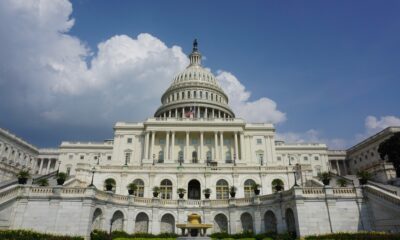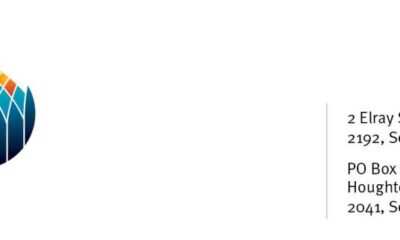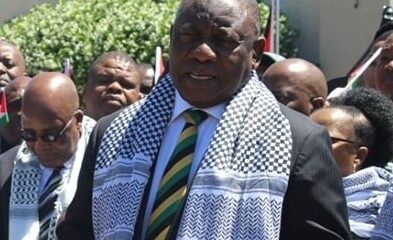
OpEds

From ‘Ramaphoria’ to ‘Ramorse’ in six years
Published
6 months agoon
By
Steven GruzdWhen Cyril Ramaphosa became president in February 2018, many South Africans were elated. We had survived the cesspool of corruption and state capture that characterised the “lost decade” of Jacob Zuma’s rule. We had narrowly avoided Zuma’s faction of the African National Congress (ANC), represented by his ex-wife, Nkosazana Dlamini-Zuma, assuming power.
We trusted the man who had skilfully steered the negotiations for a peaceful transition, helped to develop our much-praised Constitution, and who had made enough money not to be a kleptocrat. They even invented a term for this feeling of relief and hope – “Ramaphoria”.
Almost six years later, Ramaphoria has evaporated. The president has shown himself as weak, indecisive, inconsistent, and unable to prioritise the country over the flailing fortunes of the ANC. Crime is up, unemployment is up, and electricity supply is down, as is the rand.
For a president who reputedly doesn’t like foreign policy, he’s doing a lot of it, racking up air miles as he flits from one meeting to the next, crisscrossing the globe.
He has steadily lost the support of South Africa’s small but influential Jewish community. This has been especially so in the past three weeks, in response to how his government has reacted – or not – to the Hamas pogrom that killed 1 400 Israelis and took 222 hostages into Gaza, and the Israeli reaction to that incursion.
But it hasn’t always been so. Back in 2013, Ramaphosa said, “There needs to be an area where we find balance; where we look at the Middle East, particularly Israel and Palestine, and say we are in full support of peace efforts. A peace effort that will lead to a solution where both countries can live in peace. And that’s something which we should support unreservedly.”
On the day after he became president in February 2018, the SA Jewish Report reported, “Ramaphosa is arguably one of the few politicians with an intrinsic understanding of the local Jewish community’s deep connection to the state of Israel. He has shown himself to be open to engagement on the complex nature of the conflict in the Middle East and has openly called for dialogue on the issue. His election has been welcomed by the Jewish community based on the view that he understands the economy after many years of accumulating business knowledge and personal wealth.”
This story continued, “It’s no secret that Ramaphosa has built up close friendships within the Jewish community, and has always been open to them. He has faced criticism over this and been accused by comrades in the ANC and by other politicians of being aligned with white monopoly capital.”
I heard it once said, “Our enemies always commit human rights atrocities; our friends never do.” Over the years, Ramaphosa’s government has issued statement after vituperative statement condemning Israel for every move it makes in the Middle East, totally ignoring heinous acts by Hamas or the Palestine Liberation Organization.
When violence was unleashed in May 2018 at the Gaza border fence, only Israel was to blame, and South Africa withdrew its ambassador to Israel in pique and hasn’t replaced him since. The ANC resolution to downgrade the embassy has effectively been realised.
Another example is the fact that his government expressed “concern” about the Abraham Accords normalising relations with Bahrain and the United Arab Emirates in September 2020, and called them “regrettable”.
Pressure from within his party and ongoing violence in the Middle East have pushed Ramaphosa firmly into the anti-Israel camp.
Now, the gloves are off. Last week, Jewish businessman Johnny Copelyn, a backer of Ramaphosa’s campaign to win the ANC presidency in 2017 told the SA Jewish Report, “The fact that Cyril sought to justify in some way the savagery of the Hamas attack on unarmed civilians in Israel and the kidnapping of 222 people including children and babies, is utterly atrocious, and will be remembered by all for the rest of his life.”
“A red line has been crossed,” said the national director of the South African Jewish Board of Deputies Wendy Kahn. “Our government’s bias on the conflict is bad enough. This is different. This was a systematic massacre. Any government with a modicum of humanity would have immediately issued unequivocal condemnation and sympathy for the victims of these heinous atrocities. Our government’s response was completely out of kilter with any decency and compassion. And its lack of concern for this traumatised community is a disgrace.”
The government and the president took many days to utter a half-hearted, equivocating acknowledgement of this sickening attack. Ramaphosa’s regime couldn’t bring itself to criticise its friend, Hamas, for these atrocities. Instead, the president called for “all sides” to come to the table and talk, in the tired, old South African model for peace making, which unravels over time. Just look at Burundi and the Democratic Republic of the Congo.
The political theatre of the president wearing a Palestinian keffiyeh on 14 October while denouncing Israel’s retaliation for the Hamas massacre and the blockade of Gaza clearly showed where his true sympathy lies.
This was compounded by his minister of international relations and cooperation, Dr Naledi Pandor, first calling Hamas on the phone and then travelling to Tehran for discussions with the Iranian regime. Iran has been arming Hamas and Hezbollah for decades.
These actions will further complicate South Africa’s relations with the United States, which were damaged by South Africa’s not-so-non-alignment vis-à-vis Russia regarding its unprovoked invasion of Ukraine. This is after months of damage control with Washington. Thousands of jobs will be at risk. And don’t forget, Ramaphosa’s government has welcomed Iran, a country hellbent on obliterating the Jewish State, into the club of the BRICS+ (Brazil, Russia, India, China, and South Africa, now to be joined by six other countries).
Ramaphosa’s trip to Cairo to seek peace for Israel and the Palestinians last week has predictably proven fruitless. With so much hurt caused, will the South African Jewish community ever be able to trust our president again on Israel, or on anything else?
- Steven Gruzd is a political analyst at the South African Institute of International Affairs in Johannesburg. He writes in his personal capacity.










